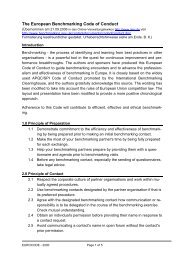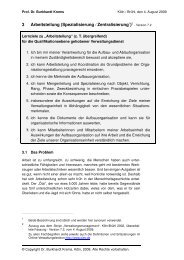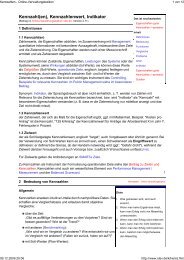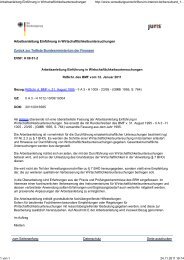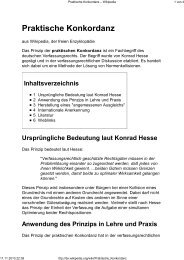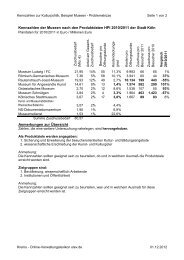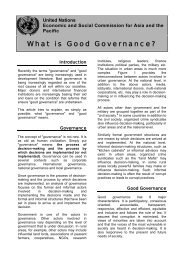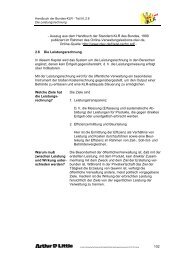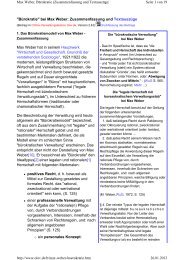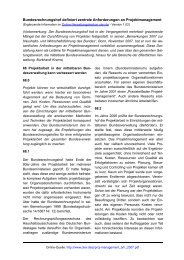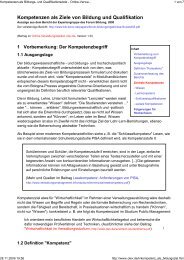Strategy Survival Guide
Strategy Survival Guide
Strategy Survival Guide
Create successful ePaper yourself
Turn your PDF publications into a flip-book with our unique Google optimized e-Paper software.
<strong>Strategy</strong> <strong>Survival</strong> <strong>Guide</strong> Version 2.1<br />
Prime Minister’s <strong>Strategy</strong> Unit<br />
home | strategy development | strategy skills | site index<br />
<strong>Strategy</strong> Skills<br />
> Building an Evidence Base<br />
Collecting data - Interviews & focus groups<br />
> in practice<br />
The aim of these tools is to get a better understanding of the preferences, needs, expectations and<br />
experience of citizens, customers or business people, and how different policy options might impact upon<br />
these groups. Both interviews and focus groups are an excellent way of getting a "real world" view on a<br />
particular issue.<br />
Interviews<br />
During the "Set up" phase of the project, interviews with key policy makers in government and selected<br />
stakeholders can provide important insights; for example, into the nature of the problem, work underway and<br />
the further work required.<br />
During the analytical phase of the project, more comprehensive in-depth interviews with a broader group of<br />
stakeholders including academics and researchers will be required. These interviews will focus not only on<br />
the nature of the problem but causes, prospects for change and the feasibility of possible solutions. The aim<br />
of the interview is to guide the discussion enough to focus on a topic of interest whilst giving the respondents<br />
sufficient scope to steer the conversation to bring in all sorts of tangential matters.<br />
It will be helpful to develop a list of the key questions to cover at such interviews, particularly if they are being<br />
conducted by different members of the project team. It will also be important to write detailed interview notes<br />
to be kept on the shared drive, to enable all team members to benefit from the discussion.<br />
The project team may decide to commission papers or research from selected interviewees following these<br />
interviews.<br />
Focus Groups<br />
Focus groups entail structured interviews with a small number of consumers to explore a particular issue or<br />
policy, or to seek views on areas of concern. Focus groups are generally considered to be a 'qualitative’<br />
method – exploring a small number of people’s views and feelings in-depth, as opposed to large scale<br />
surveys that ask large numbers of people identical questions and that are more suitable to quantitative<br />
analysis.<br />
Generally, projects will want to use a number of groups, with different consumer segments, to test how<br />
different groups feel or will react.<br />
The process typically involves:<br />
• Specifying what is required and selecting a specialist facilitator<br />
• Deciding on the target groups and how these should be segmented (e.g. by gender, socio-economic<br />
group, work – e.g. single mothers, young people, small businesses)<br />
• Producing supporting material for focus groups that can help clarify policy options and developments<br />
and help people easily visualise the proposals<br />
• Following the focus groups, a follow-up discussion with the researchers is useful, and the final report<br />
then needs to bring out the most salient issues.<br />
Alternatives to focus groups include:<br />
• market research surveys e.g. British Social Attitudes Surveys<br />
• modelling at the individual consumer level e.g. representative journeys for FSU transport review<br />
<strong>Strategy</strong> <strong>Survival</strong> <strong>Guide</strong> – <strong>Strategy</strong> Skills<br />
Page 126



